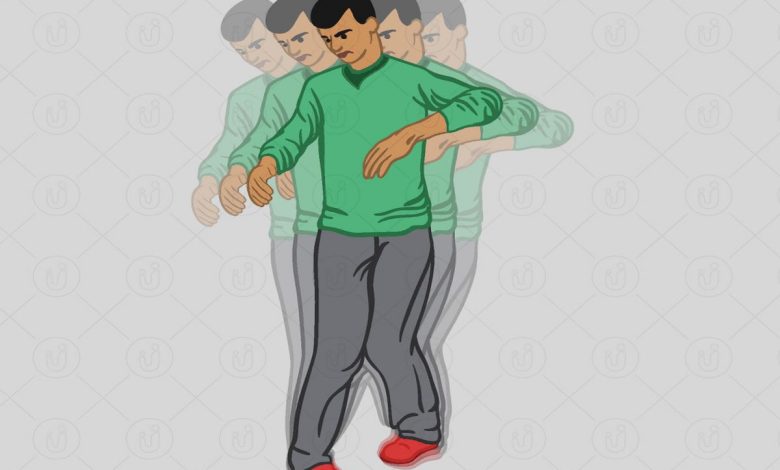Uncontrollable body movements: what is this, causes, symptoms, diagnostics, treatment, prevention

Movement – uncontrollable; Uncontrolled movements; Involuntary body movements; Body movements – uncontrollable; Dyskinesia; Athetosis; Myoclonus; ballism
Uncontrolled movements include many types of movements, which you cannot control. They can hurt hands, legs, face, neck or other parts of the body.
Examples of uncontrolled movements:
- Loss of muscle tone (slackness)
- Slow, twisting or prolonged movements (xoreja, athetosis or dystonia)
- sudden jerks (myoclonus, ballism)
- Uncontrolled repetitive movements (asterixis or tremors)
Causes of uncontrolled body movements
There are many causes of uncontrolled movements. Some moves don't last long. Others are associated with an irreversible condition of the brain and spinal cord and may worsen.
Some of these movements affect children. Others only affect adults.
Causes in children:
- Genetic Disorder
- Nuclear jaundice (too much bilirubin in the central nervous system after birth)
- Lack of oxygen ( gipoksiya ) at birth
Causes in adults:
- Nervous System Disorders, which are getting worse
- Genetic Disorder
- Medicines
- Stroke or traumatic brain injury
- Tumors
- Illicit drugs
- Head and neck injury
Home treatment for uncontrolled body movements
There are some home remedies, which can help reduce the symptoms of uncontrolled movements. This includes:
- Avoiding caffeine and alcohol
- Long rest
- Regular workouts
- Compliance with healthy, balanced diet
- Practicing relaxation techniques, such as deep breathing or yoga.
- Use of assistive devices, such as a cane or walker, to facilitate movement.
When to Call a Health Care Professional for Uncontrolled Body Movements
Call your doctor, if you have any unexplained movements, which you cannot control and which do not pass.
What to Expect When Visiting the Office
A healthcare professional will perform a physical exam and ask about your symptoms and medical history. You will have a detailed examination of both the nervous, and muscular systems.
Medical history questions may include:
- Are there muscle contractions , which can cause bad posture?
- Hands affected?
- Are the legs affected?
- When the uncontrollable movement began?
- It happened all of a sudden?
- Has it worsened slowly over weeks or months?
- Uncontrolled movement is present all the time?
- you feel worse, when you are stressed?
- Better after sleep?
- What other symptoms are present?
Tests, which can be ordered, include:
- Blood tests (eg, complete blood count or blood differential )
- CT scan of the head or affected area
- EEG (brain wave research)
- Poyasnichnaya puncture
- MRI of the head or affected area
- Analysis of urine
Treatment depends on uncontrolled body movements depending on the cause. Many uncontrolled movements are treated with drugs. Some symptoms may go away on their own. Your doctor will advise, based on your signs and symptoms.
Preventing uncontrolled movements
In many cases, it is impossible to eliminate the cause of uncontrolled movements. Nonetheless, there are some steps, you can take, to reduce the risk, eg:
- Maintaining a healthy lifestyle, including regular exercise and a balanced diet.
- Avoiding drugs and alcohol
- Stress management
- Passing regular medical check-ups
- Following any prescribed treatment plans
If you are taking any medications, be sure to follow the instructions and tell your doctor, if you experience any unusual side effects.
Used sources and literature
Jankovic J, Just AE. Diagnosis and assessment of Parkinson disease and other movement disorders. In: Jankovic J, Mazziotta JC, Pomeroy SL, Newman NJ, eds. Bradley and Daroff’s Neurology in Clinical Practice. 8th ed. Philadelphia, PA: Elsevier; 2022:chap 24.
Okun MS, Just AE. Other movement disorders. In: Goldman L, Schafer AI, eds. Goldman-Cecil Medicine. 26th ed. Philadelphia, PA: Elsevier; 2020:chap 382.
